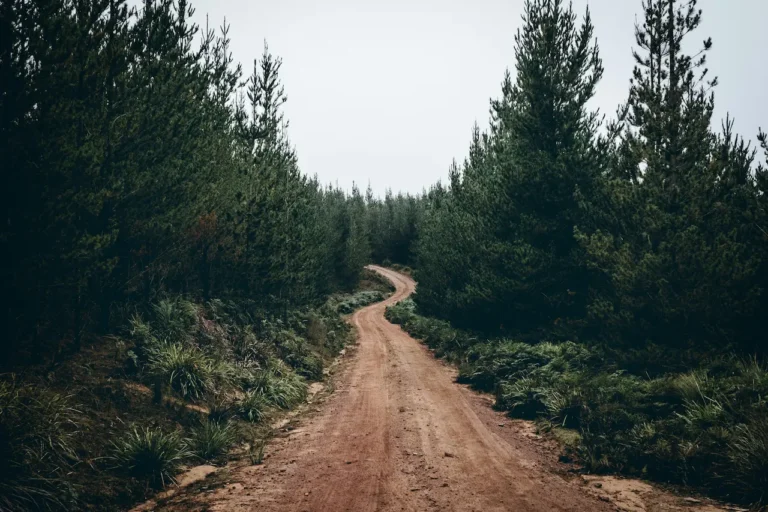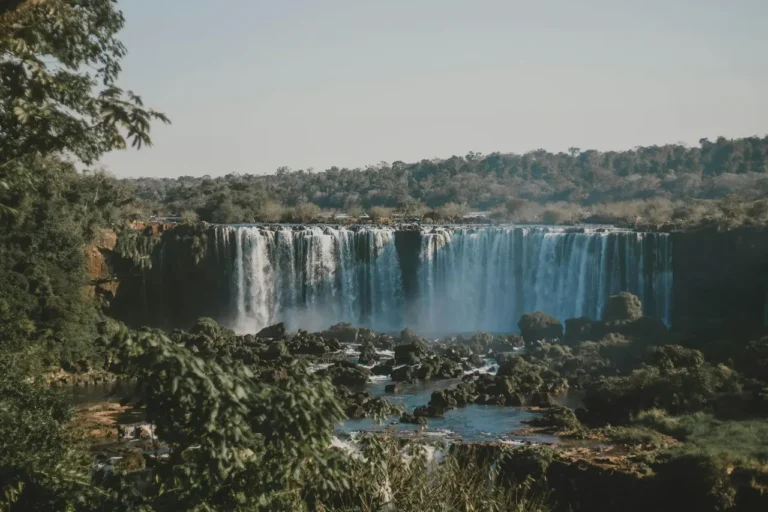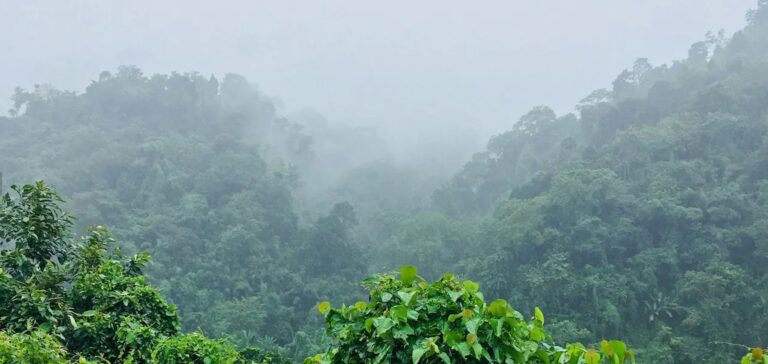Chutu Exports: Spices, Sandalwood, and Horses from the Western Ghats
For centuries, the Western Ghats – the ‘blue mountains’ that cascade down the spine of India – have been a crucible of biodiversity, a repository of ancient wisdom, and a vital artery in the nation’s trade network. Chutu Exports stands as a modern embodiment of this legacy, meticulously sourcing the finest spices, unparalleled sandalwood, and magnificent horses directly from the communities that have guarded these treasures for generations. Our commitment extends beyond simple commerce; it’s a deep respect for the traditions, ecological knowledge, and inherent value embedded within each product. This is not merely a business; it’s the continuation of a story etched in the stone and scented with the monsoon.
As a scholar deeply immersed in the epigraphy of the Deccan and the maritime trade routes of the Chalukyas, Rashtrakutas, and later the Vijayanagara Empire, I’ve spent decades deciphering the whispers of the past. The echoes of ancient caravans laden with these goods – cinnamon, cloves, cardamom, sandalwood, and horses – resonate powerfully within the landscape. Understanding this history is fundamental to appreciating the quality and provenance of our offerings. It informs our ethical sourcing practices and our dedication to preserving the cultural heritage associated with these extraordinary commodities.
The Spice Route’s Roots in the Ghats
The Western Ghats were – and remain – a critical node on the ancient spice routes. The monsoon rains, a gift from the heavens, fostered an environment uniquely suited to the cultivation of a vast array of spices. Cinnamon, clove, and cardamom, precious commodities sought after across Asia and beyond, flourished in the shaded valleys and along the riverbanks. The Konkan coast, strategically positioned at the heart of this trade, served as a crucial port, facilitating the exchange of goods with Arab, Persian, and Chinese merchants. Consider the inscriptions found at sites like Karla and Bhaja, detailing trade agreements and the exchange of goods. These aren’t just records of commerce; they are fragments of a vibrant cultural dialogue.
The meticulous cultivation techniques employed by the local communities – passed down through generations – are a testament to their deep understanding of botany and ecological balance. They utilize traditional methods, often inspired by ancient Ayurvedic texts, to ensure the highest quality and potency of their spices. We work closely with these families, ensuring fair compensation and supporting their sustainable practices. We believe this symbiotic relationship is the cornerstone of our operation.
Archaeological evidence – from pottery shards to weights and measures – unearthed from sites like Pattadakal and Aihole, further confirms the significant role of the Western Ghats in facilitating trade and cultural exchange. The intricate carvings depict scenes of merchants, caravans, and exotic goods, offering a tangible connection to this rich history.
The Allure of Sandalwood: A Sacred Timber
Sandalwood ( *Santalum album* ) is more than just a tree; it’s a sacred entity in Hindu tradition. Its fragrant wood, revered for its medicinal properties and spiritual significance, has been prized for millennia. The ancient epigraphs of the Chalukyas frequently mention sandalwood, linking it to temples, rituals, and even royal gifts. The term “Shilavan” (stone wood) itself, used extensively in Kannada, reflects its perceived value and resilience. The density of sandalwood forests was a key factor in the political landscape of the region, often a source of contention between kingdoms.
Chutu Exports is committed to the sustainable harvesting of sandalwood, working exclusively with communities who adhere to strict conservation practices. We prioritize the ‘green harvest’ – the removal of fallen branches and pruned trees – over the felling of mature trees. This approach not only minimizes environmental impact but also supports the long-term health and regeneration of the forest. We collaborate with forest departments and local NGOs to ensure that our operations align with the highest conservation standards. The meticulous crafting of sandalwood products – incense, carvings, and oils – is a skill passed down through generations, a living embodiment of this ancient tradition.
The chemical composition of sandalwood oil – primarily comprised of Santalol – is responsible for its unique aroma and therapeutic properties. Studies have confirmed its anti-inflammatory, antiseptic, and analgesic effects, reinforcing its continued use in traditional medicine and aromatherapy. We employ techniques learned from ancient Ayurvedic texts, preserving these beneficial properties.
Magnificent Horses: Legacy of the Deccan Kingdoms
The Western Ghats were also renowned for their horses – powerful steeds that played a crucial role in warfare and transportation throughout the Deccan. The Chalukyas, Rashtrakutas, and Vijayanagara Empire utilized cavalry extensively, and the quality of their horses was a significant strategic advantage. Historical accounts, such as the *Vikramaditya-Nala Nadu* epic, vividly depict the prowess of these Deccan warriors on horseback. The training and breeding of these horses were meticulously documented in royal archives, demonstrating a sophisticated understanding of equine genetics and horsemanship.
Chutu Exports sources its horses directly from tribal communities in the Western Ghats, regions where traditional horse breeding practices have been maintained for centuries. These horses are known for their stamina, agility, and gentle temperament. We prioritize the well-being of these animals, providing them with the highest quality care and ensuring that their breeding programs contribute to the preservation of indigenous horse breeds. Our commitment goes beyond simply supplying horses; we are safeguarding a valuable part of India’s equestrian heritage.
The selection process for our horses involves a rigorous assessment of their conformation, temperament, and lineage – factors that align with the criteria outlined in ancient equestrian manuals. This rigorous process, combined with the horses’ natural adaptation to the challenging terrain of the Western Ghats, results in animals of exceptional quality.
Ethical Sourcing and Sustainable Practices
At Chutu Exports, we are deeply committed to ethical sourcing and sustainable practices. We believe that our success is inextricably linked to the well-being of the communities we work with and the preservation of the natural environment. Our commitment extends beyond simply meeting regulatory standards; it’s a reflection of our core values. We meticulously track the origin of every product, ensuring transparency and accountability throughout our supply chain.
We actively support community development initiatives, including education, healthcare, and conservation programs. We believe that investing in the future of these communities is not only the right thing to do but also essential for ensuring the long-term sustainability of our operations. We champion practices that align with ancient ecological principles, recognizing that true wealth lies in harmony with nature.
Our commitment to quality, ethical sourcing, and sustainable practices makes Chutu Exports a trusted partner for discerning customers around the world. We offer a unique opportunity to experience the authentic flavors and fragrances of the Western Ghats, while supporting a legacy of tradition and innovation.





